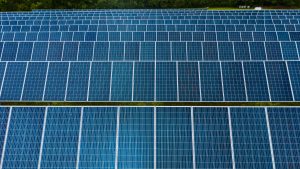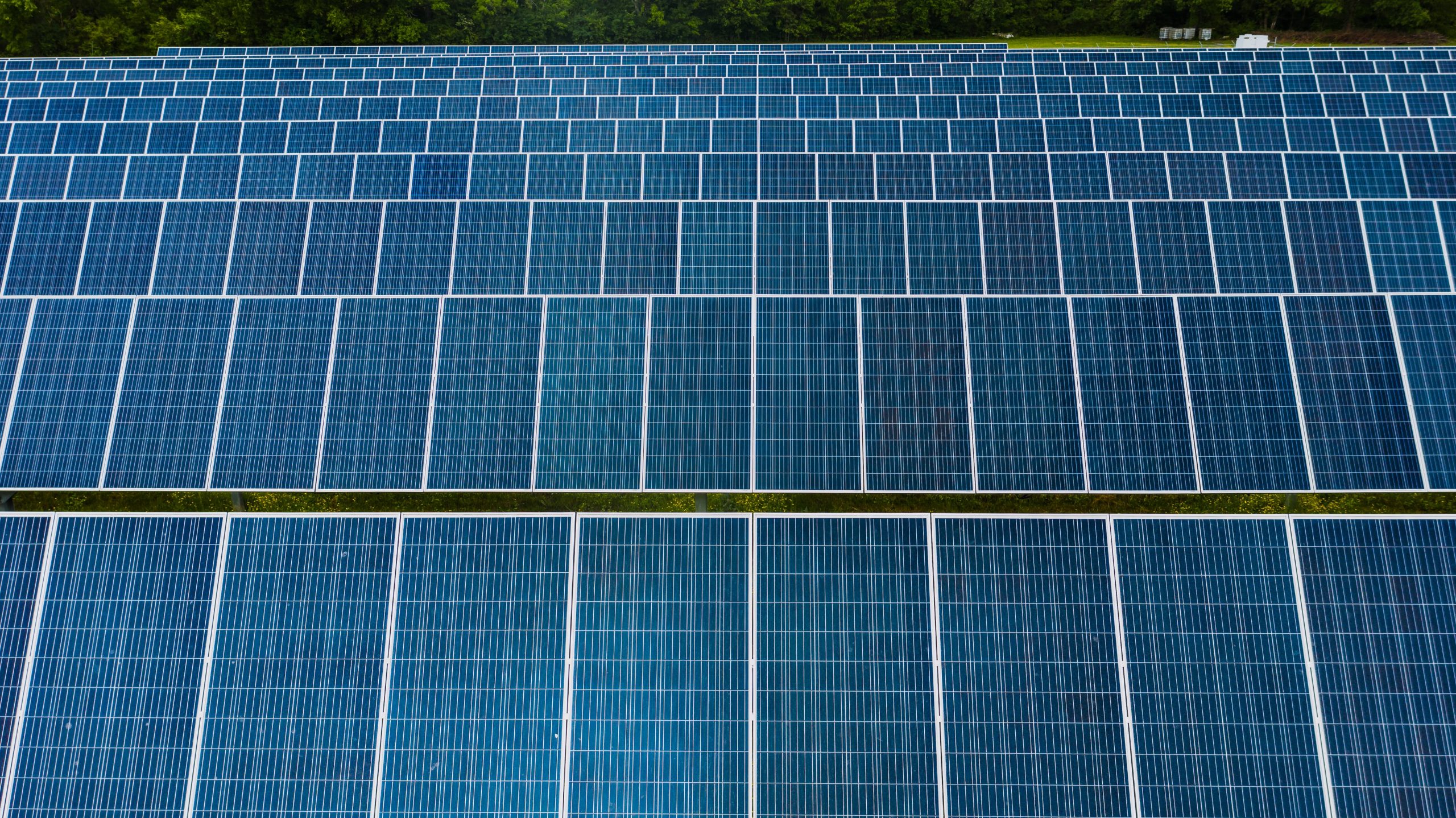What are 10 Disadvantages of Solar Energy?
Introduction
Solar energy has emerged as a promising and environmentally friendly alternative to conventional power sources. As the world increasingly turns toward sustainable energy solutions solar power disadvantages also come into focus. Understanding these drawbacks is crucial for making informed decisions about adopting solar energy.
Cost Considerations
One of the primary drawbacks of solar energy is the substantial initial installation costs. While the longterm savings are significant the upfront investment can be a barrier for many individuals and businesses. Additionally ongoing maintenance expenses can add up impacting the overall costeffectiveness.
Intermittency Issues
Solar energy dependency on sunlight poses challenges during cloudy days or nighttime. The intermittency of solar power can lead to fluctuations in energy production requiring alternative sources to ensure a consistent power supply. This limitation hinders its reliability as a sole energy source.
Energy Storage Challenges
The current limitations of energy storage technologies pose significant challenges for solar energy. Storing excess energy for use during periods of low sunlight is a complex issue that impacts the overall efficiency and reliability of solar power systems.
Land Usage Concerns
The large space requirements for solar installations can impact ecosystems and agricultural land. Balancing the need for renewable energy with environmental preservation is a delicate challenge that requires thoughtful planning and consideration.
Aesthetics and Design Restrictions
While solar panels contribute to clean energy their visual impact can be a concern. In urban or scenic areas strict regulations and design restrictions may limit the widespread adoption of solar solutions impacting their feasibility in certain locations.
Manufacturing Environmental Impact
The production processes involved in manufacturing solar panels can have environmental consequences. From resource extraction to waste disposal the carbon footprint associated with solar panel production raises questions about the overall sustainability of solar energy.
Limited Lifespan of Solar Panels
Despite ongoing technological advancements solar panels have a limited lifespan. Over time they may deteriorate reducing their efficiency and necessitating replacements. Proper recycling and disposal methods are crucial to mitigate environmental impact.
Geographic Limitations
Solar energy effectiveness varies based on geographic location. Areas with limited sunlight or extreme weather conditions may find solar energy less practical. This geographic limitation highlights the need for diversified energy solutions tailored to specific regions.
Technological Advancements
While there are current disadvantages ongoing technological advancements in solar energy offer hope for overcoming these challenges. Innovations in storage efficiency and design are continuously improving the feasibility and sustainability of solar power.
Government Regulations and Incentives
Government policies play a significant role in shaping the adoption of solar energy. Changes in regulations and the availability of incentives can either encourage or hinder the growth of solar power making it essential to monitor and adapt to evolving policy landscapes.
Public Awareness and Education
Addressing the disadvantages of solar energy requires public awareness and education. Dispelling common misconceptions and fostering an understanding of the benefits and limitations are crucial steps in promoting informed decisionmaking.
Social Acceptance
The societal perception of solar energy may present challenges to its widespread adoption. Overcoming resistance and fostering social acceptance require strategic communication and community engagement efforts.
Hybrid Solutions
To address the limitations of solar energy hybrid solutions that combine solar with other energy sources are gaining attention. Integrating solar power with complementary technologies provides a more stable and reliable energy solution.
Final Word
In while solar energy presents numerous advantages it is essential to acknowledge and address its disadvantages. As technology evolves and awareness grows many of these challenges can be mitigated. The key lies in a balanced approach that considers the specific needs and conditions of each region.
FAQs Frequently Asked Questions
- Is solar energy completely reliable for powering homes and businesses?
- Solar energy reliability depends on factors like sunlight availability and storage capacity. It is advisable to have alternative sources for consistent power supply.
- What role do government regulations play in the adoption of solar energy?
- Government policies regulations and incentives significantly influence the growth of solar energy. Changes in these factors can impact the feasibility of solar solutions.
- Are there solutions for the limited lifespan of solar panels?
- Ongoing technological advancements aim to extend the lifespan of solar panels. Proper recycling and disposal methods also contribute to minimizing environmental impact.
- Can solar energy be used in areas with limited sunlight?
- While solar energy is more effective in sunny regions advancements in technology are improving its viability in areas with less sunlight.
- How can the public contribute to the growth of solar energy?
- Public awareness and education are crucial. Supporting policies that promote clean energy and making informed choices about energy consumption contribute to the growth of solar energy.
-

What are 10 Disadvantages of Solar Energy?
Source of Image:https://www.pexels.com/photo/rows-of-solar-modules-in-photovoltaic-power-station-4320480/






Be First to Comment